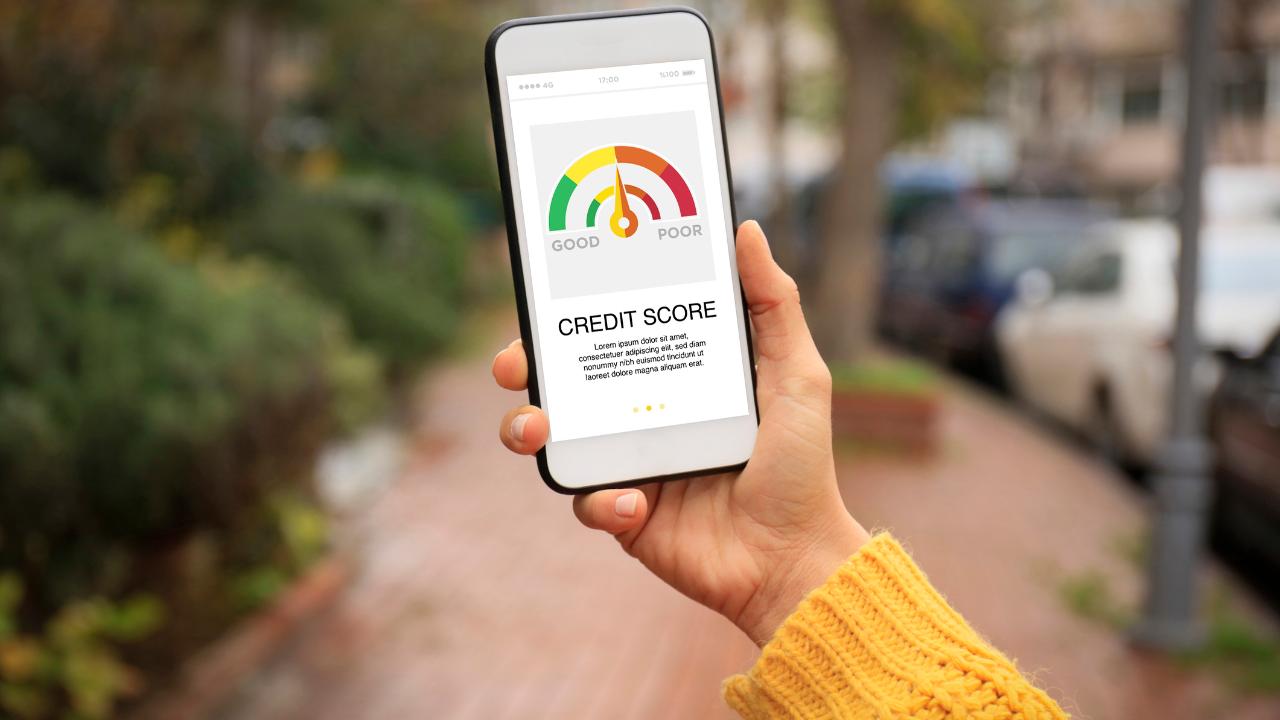Refinancing: Will your credit score take a hit?
In the long run, credit scores will go higher if you make your payments on time
When homeowners refinance they are basically replacing an existing mortgage loan with a new one, which can impact their all-important credit score, especially under certain circumstances.
The process can be accomplished through any bank, not just the original lender. Oftentimes individuals will refinance to adjust their mortgage rate, the loan length or the amount borrowed – they can also use refinances to access equity.
While some people will refinance if their credit scores have increased since they took out their mortgage – in order to get a better rate – refinancing can negatively impact your credit score, at least in the short-term.
“Typically a score will decline for three to six months,” Tendayi Kapfidze, chief economist at LendingTree, told FOX Business.
A GREAT TIME TO REFINANCE: WHAT TO KNOW
HOW TO MANAGE THE STRESS OF SELLING A HOUSE — A SEASONED REALTOR'S ADVICE
The reasons for the temporary decline include having a lender initiates a credit inquiry, for example.
Ultimately, credit scores will rise if you make your payments on time, however.
The one exception, Kapfidze noted, is cash-out refinances.
People will take what is known as a cash-out refinance, to replace their mortgage with a new loan for more than they owe on their house, basically adding more debt to their home. People may use that cash to pay off debts, to do home renovations or for a variety of other purposes.
Kapfidze encourages individuals to consider how the strategy fits in with their overall financial picture before moving forward.
GET FOX BUSINESS ON THE GO BY CLICKING HERE
As previously reported by FOX Business, there are a number of different groups of people who are prime candidates for refinancing. The first is people who may have missed a previous opportunity to refinance when rates were low. Mortgage rates are currently at their lowest levels in about three years.
Another group is those who may have bought their house when their credit scores weren’t so great. If your credit score has improved after making your regular mortgage payments, you will likely be eligible for lower rates.
Further, if you have mortgage insurance – which can add on hundreds of dollars to your monthly payment – refinancing can eliminate those payments so long as your new balance is below 80 percent of the home value.
According to Experian, the average FICO score in the second quarter of last year was 703.
The average FICO credit score reached 704 in 2018, according to a report released by the scoring company, an all-time high.





















